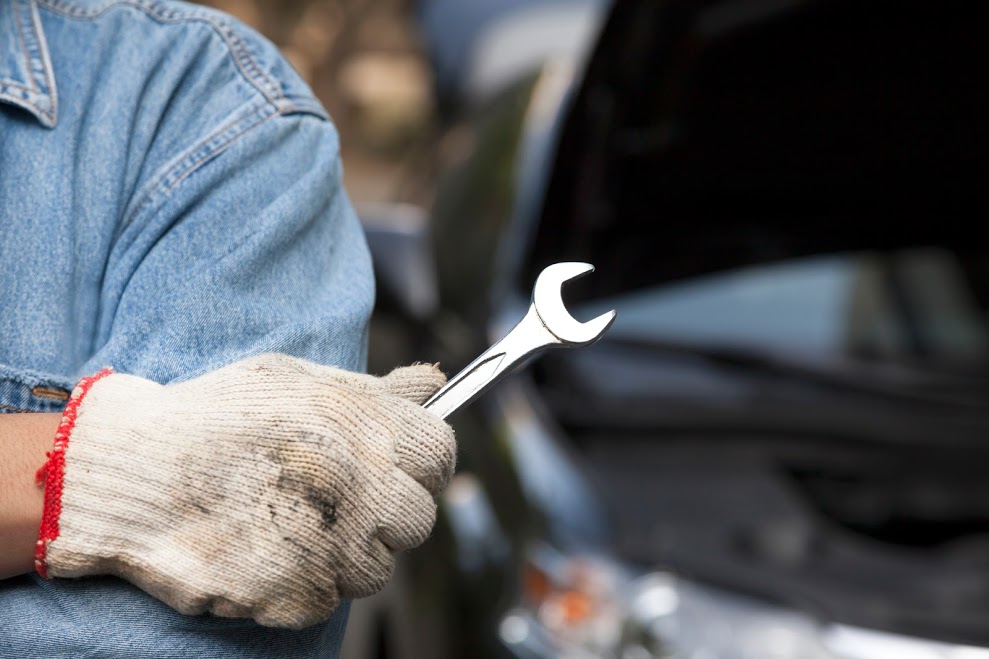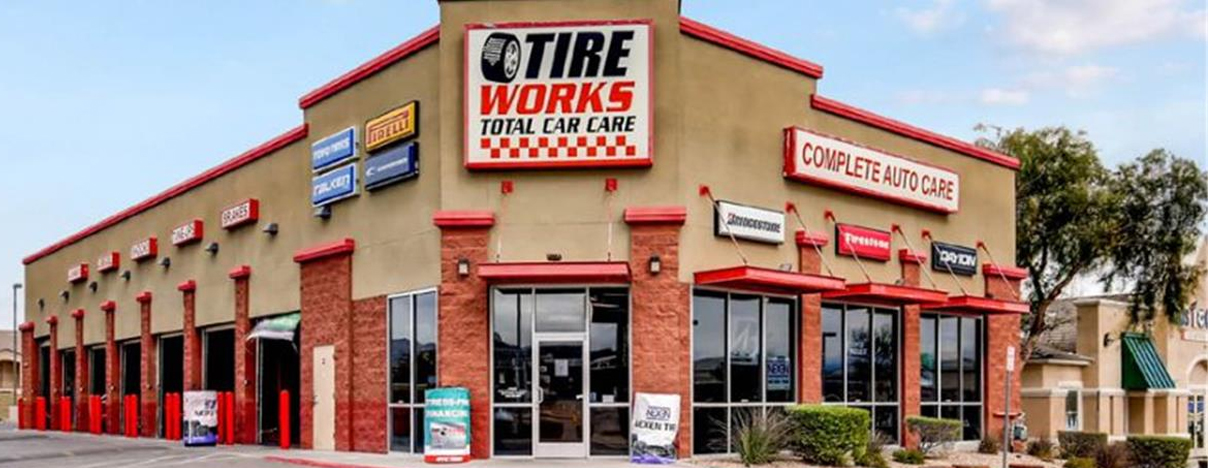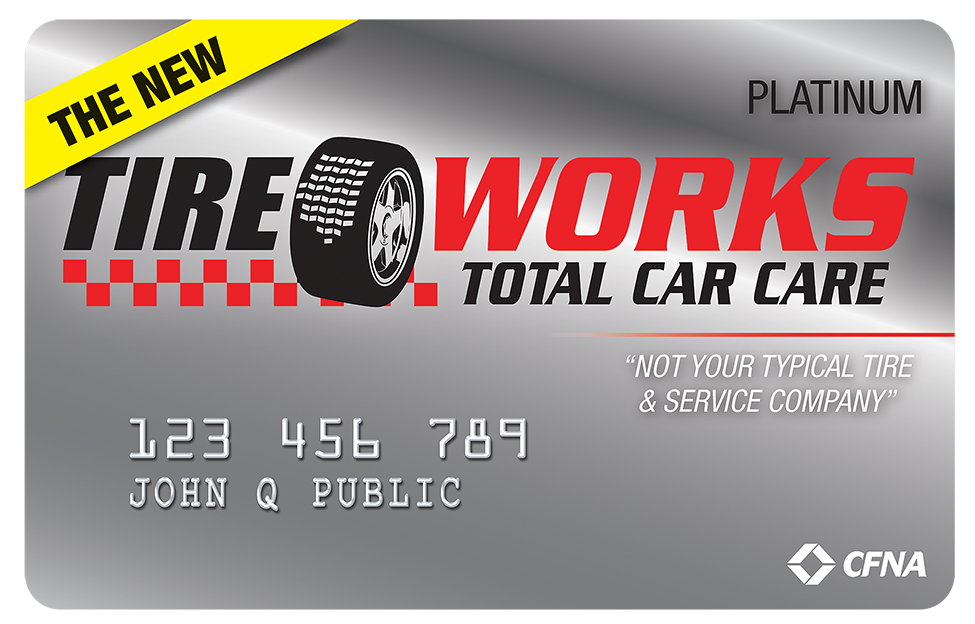4 Ways Routine Automotive Maintenance Is a Financial Investment

When you pay to have routine maintenance done on your vehicle, you're investing in the car. That investment has multiple financial benefits. The following are four ways you benefit financially every time you pay for a routine automotive service.
1. Prevents More Costly Repairs
First, you should take care of routine maintenance on time to help prevent more serious issues from developing. Not only are the serviced systems kept in good condition, but mechanics also have a chance to look for other issues that could develop into major problems. If you take care of any potential issue before it develops into a major problem, you can help keep repair costs as low as possible.
Don't underestimate the potential savings that something even as common as an oil change provides. Oil changes are necessary to keep your vehicle's engine running well. If the oil runs dry or gets too low, the result could be catastrophic engine failure. Replacing a dead engine with a rebuilt or remanufactured one can cost between $2,250 and $4,000.
2. Avoids Unexpected Breakdowns
Second, routine maintenance also helps reduce the likelihood of an unexpected breakdown. When a vehicle is well maintained, it remains reliable, and the risk of an unexpected breakdown is small. Should you ignore maintenance, the chance of a sudden failure somewhere increases.
There are several costs to an unexpected breakdown. You might need to pay for a tow, and repair costs might go up if the work has to be done immediately. If you're traveling away from home, you might even be stranded for a few days and have to get a hotel, and the cost of a hotel room and meals will only add to your travel expenses.
3. Ensures You Can Get to Work
Third, when you avoid major problems, this also helps keep your vehicle out of the service center. If you need your car to get to work, this has an opportunity cost. When you can't drive to work and won't be paid if you aren't there, then you'll lose out on pay for as long as your car is in the shop. Even at minimum wage, this opportunity cost quickly adds up if repairs take more than a day.
For instance, the federal minimum wage of $7.25 results in $58 of gross pay after an 8-hour shift. At this pay rate, being unable to go to work for two days results in an effective loss of $116 and three days of lost work equates to $174 lost. These losses can essentially be added to the total economic cost of the breakdown since you don't get the earnings.
Of course, the economic cost if you earn above the federal minimum wage is only higher. Someone who makes $100 of gross pay per day rather than $58 would have an opportunity cost of $300 if they couldn't get to work for three days.
4. Maintains the Value of Your Vehicle
Fourth, getting all manufacturer-recommended maintenance completed on time per your vehicle manufacturer's recommendations helps preserve the value of your car.
The condition of a vehicle is one of the main factors that impact its trade-in or private-party-sale value, and mechanical workings have a substantial role in the vehicle's overall condition.
A car that has mechanical problems due to lack of maintenance will be worth less than an identical car that's running perfectly — having complete maintenance records can increase a vehicle's value by anywhere between $50 and $1,500. So anytime you have maintenance performed, put the receipt that shows what was done into a file. This file will be helpful if you trade in or sell the car.
When your car needs routine automotive service, contact Tire Works Total Car Care.











